Upon returning to Australia from overseas recently, I was greeted by several messages asking if I had seen the critique of my Voice article in the Weekend Australian by Lisa Singh, former Labor senator from Tasmania. Given the difficulties the government finds itself in over the referendum, with falling support in the polls and Albanese twisting himself into an absolute pretzel over the length of the Uluru Statement in full, it’s hard to judge whether Singh wrote as head of the Australia-India Institute in Melbourne or as a loyal party member. She says ‘The Voice referendum will be a significant moment for Indian Australians’. For my part, I certainly would not be presumptuous enough to claim to speak for all Australians of Indian heritage. Instead, I am only too conscious of the comment, probably apocryphal, attributed to India’s founding PM Jawaharlal Nehru, ‘Give me three Indians and I’ll give you four political parties’. She says my comments ‘simply miss the point’ yet the bulk of her article is about constitutional recognition and parts say that Aboriginal communities continue to suffer much hardship, both of which I agree with.
Nowhere, not once, does she address why, once the sorrowing strains of the violin have faded, constitutional entrenchment is needed for the government to listen and act on whatever needs to be done to rectify the disadvantages. Conflating the two risks failure of both.
She writes: ‘Thakur would know full well that India’s own constitution… deliberately ensured tribal groups were recognised’. Indeed I do. Apropos of Sir Humphrey Appleby in Yes Minister, she is very courageous to debate the India experience with me. Her timing could not be worse. Perhaps she has heard of the ethnic clashes that have consumed the state of Manipur for months, with deaths, displacements and atrocities? A root cause of that is that the mostly Christian Kuki and Naga groups make up 40 per cent of the population yet control 90 per cent of the state’s land. Both have tribal status. The mainly Hindu Meiteis, more than half the population, own only 10 per cent of the land. As non-tribals, they cannot purchase or settle in tribal lands. In March the state’s High Court directed the government to implement a ten-year-old recommendation to give Scheduled Tribe status to the Meiteis. This was the spark that lit the conflagration. It’s a good example of how constitutionalising sectarian identity can have unintended, unforeseen but deadly consequences.
Articles 341 and 342 of India’s 1950 constitution list more than 1,000 and 700 scheduled castes and tribes. They are guaranteed political representation and preferential recruitment, promotion, school/university admissions, scholarships, banking services, etc. The classification has steadily expanded since 1950 to include Other Backward Classes, Extremely Backward Classes, and ‘creamy layer’ within each sub-category. Many groups not on either schedule agitate to be inscribed precisely in order to be eligible for such discriminatory treatment. In most key states the two groups comprise either a majority or plurality of the population, giving them enormous political power. That, not constitutional recognition, explains their political success. The equivalent numerical weight within Australia’s Aborigines will ensure that most of the resources, power and influence – justified with reference to the plight of remote communities – will be captured by politically connected, part-indigenous city elites. As a Vietnamese boat refugee asked Tina Faulk apropos of the Voice: ‘You think people, people like us, who gave up everything for a chance to start again in Australia will stand back for a blonde, blue-eyed person with maybe one-twentieth Aboriginal ancestry?’
Entrenching identity in India has proven to be extremely divisive. In the 1980s the Mandal Commission recommended an expansion of caste-based quotas. The attempt to do so in 1990 provoked widespread riots and self-immolations by despairing students who saw their job opportunities shrink even further. An article in Frontline magazine, part of the Hindu media group, in August last year noted: ‘The Mandal moment fragmented north Indian voters decisively on caste lines and was the beginning of powerful caste-based regional parties’. This is the opposite of a unifying moment that brings about national reconciliation. I most certainly would not wish it upon Australia.
Singh says: ‘To argue that “Hundreds of millions of people around the world are born into all manner of disadvantage”, and that they simply need to “apply themselves to escape the cycle through education, skills, ambition and application”, demonstrates a level of disconnectedness usually associated with privilege.’ The three words I have chosen to emphasise in italics are a mis-characterisation. The original full sentence read: ‘Some allow themselves to be sucked into a self-destructive cycle of victimhood and grievance; others resign themselves to a lifetime of disadvantage; but some, trapped in identical circumstances of deprivation, apply themselves to escape the cycle through education, skills, ambition and application’. Singh knows nothing of whether my success owes more to inherited privilege or individual efforts. I stand by my conclusion that for Aboriginal communities and peoples to move from victimhood to agency, as well as state assistance, personal and tribal responsibility has to become the norm. Which is why their leaders should ‘focus on escaping the trap of grievance-fuelling victimhood’.
As for the furphy about our global reputation taking a hit and qualifying our capacity to promote liberal internationalism, any objective assessment would place us among the top liberal democratic countries. Equality of citizenship, with no group-based discrimination regarding rights, privileges and responsibilities, along with an emphasis on individual autonomy, agency and responsibility, is the essence of liberal democratic citizenship. That said, less preaching to others about values and principles and more improving the quality of our own democracy by listening to the people instead of hectoring and shaming them, would be no bad thing. But here’s the thing. If it could be arranged, would proportionately more Dalits and tribals abandon India to migrate to Australia, or would more Aboriginal Australians choose to migrate to India?
According to the 2021 census, Aboriginal and Torres Strait Islander people number 812,000 in total, or 3.2 per cent of the population. Around 4.6 million Australians are of Asian ancestry, including 800,000 Indians. Australia is out of step with the US, Canada and the UK on the public visibility of Asian-Australians in politics and the media. One would not guess from their virtual absence in these sectors that they make up 17.4 per cent of the population. This might have more of a bearing on our reputation in the region that matters the most to us. Yet even here our equality of citizenship is superior to most others and I would be more than happy to defend that principle in any international forum.
Got something to add? Join the discussion and comment below.
Get 10 issues for just $10
Subscribe to The Spectator Australia today for the next 10 magazine issues, plus full online access, for just $10.
You might disagree with half of it, but you’ll enjoy reading all of it. Try your first month for free, then just $2 a week for the remainder of your first year.

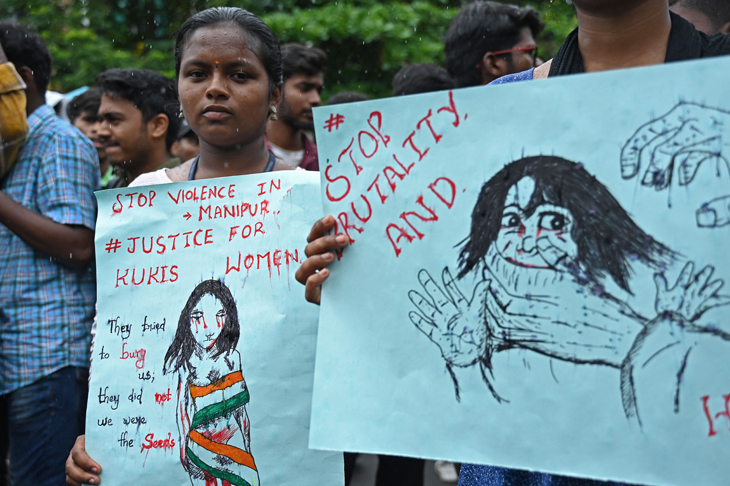
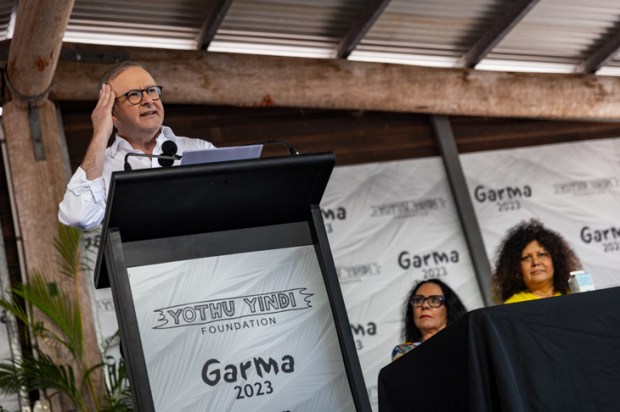
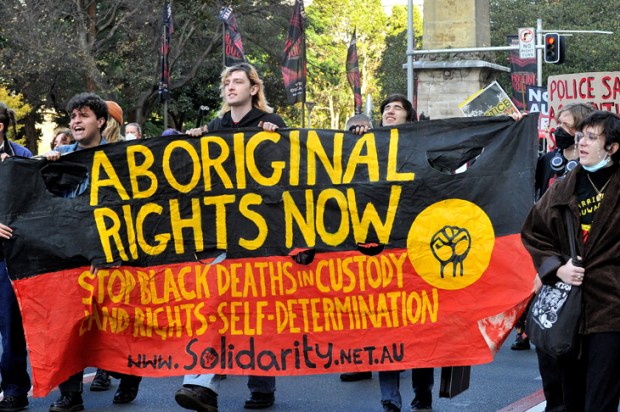


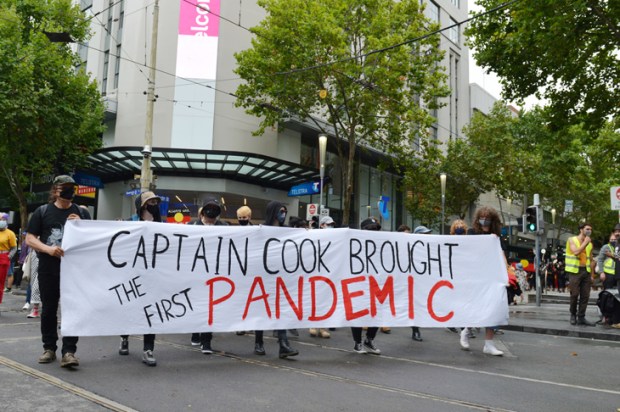
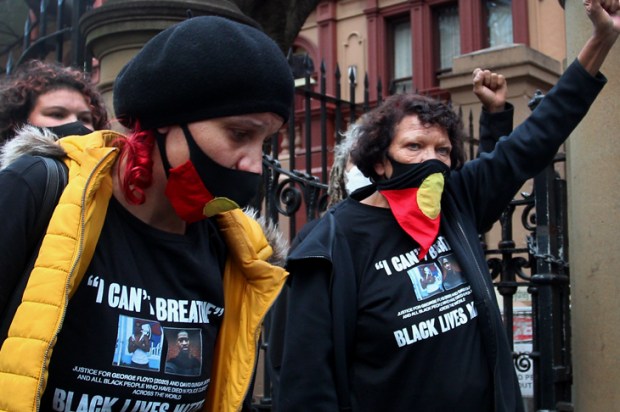






Comments
Don't miss out
Join the conversation with other Spectator Australia readers. Subscribe to leave a comment.
SUBSCRIBEAlready a subscriber? Log in